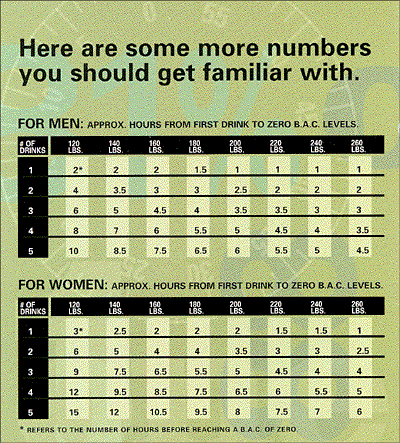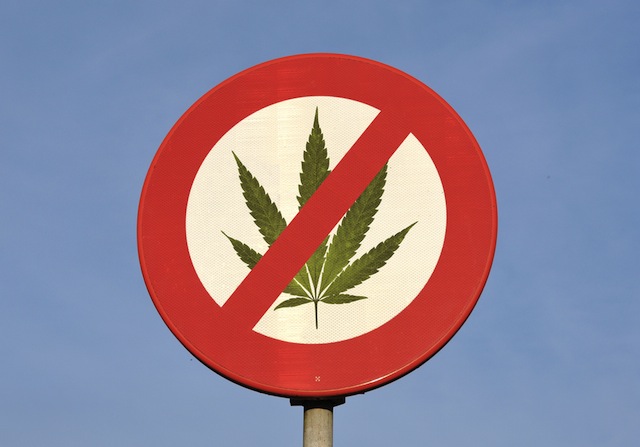Marijuana prohibition experts should avoid alcohol prohibition comparisons.
Legally prohibiting an intoxicant is an ineffective and ultimately detrimental approach to dealing with the potential harm the substance may inflict. Prohibition doesn’t stamp out existence, it turns a blind eye to those who use substances and practices an unwillingness to address the existing culture. It conjures the same mantra as an impoverished soul hiding bills in buffet drawers and ignoring collector phone calls: out of sight, out of mind.
As so many have observed before, the prohibition on drugs is a futile crusade on an immortal hydra. Human desire for reward and addiction represents an indestructible component of existence, and intoxicating substances manifest to satisfy these craven needs. To remove intoxicants entirely from the people one must deny a large characteristic of humanity, an impossible notion.
The unsuccessful prohibition of alcohol is the paradigm for anti-prohibitionist causes. And so, it’s become the model of comparison for the prospering anti-prohibition of cannabis movement. While the former prohibition contains parallels with the current prohibition’s faults, many cannabis activists ignore the glaring differences between alcohol and marijuana, and their failure to address these contrasts spawns falsehoods about the prospect of cannabis regulation.
Alcohol regulation reflects alcohol content potency and how it interacts with the body over time. Determining alcohol intoxication has been scientifically reduced to a simple equation that includes weight, ABV and consumption over time. Any college campus has this basic intoxication algorithm printed on wallet-sized cards for quick reference. It’s a near-perfect science.
To argue the deficient nature of cannabis prohibition via Prohibition Era failures is an effective means toward debunking any justification of the current prohibition. But, to press the point and argue that cannabis should be taxed and regulated just like alcohol is thoughtless. Cannabis use doesn’t lead to fatal accidents or acts of suicide (in fact, where medical cannabis use is decriminalized, these lethal trespasses have declined). Cannabis overdose is an unreachable feat. Cannabis’ psychoactive ingredient is a biological result of maturation, not a controlled distillation process. Alcohol and cannabis are too dissimilar to base cannabis regulation off of alcohol regulations. When it comes to regulating cannabis, governments are scientifically unequipped to deal with determining levels of intoxication and monitoring psychoactive ingredients. Regulators can keep it away from children, but they can’t monitor the product itself.
The science behind cannabis intoxication is still in utero. Its {cannabis} schedule I status and the NIDA anti-cannabis propaganda campaign denies any enlightening, unbiased research on the intoxicating effects of, safe production of and consistent cannabinoid content of cannabis from surfacing. For such a salient nightshade, minimal research is available. How can the state or national governments regulate something they know so little about?
If an activist wishes to use the alcohol prohibition for argument’s sake, fine. But do it bearing in mind that cannabis and alcohol are hardly the same. In fact, cannabis tends to foil the sales and usage of alcohol. Prohibition is not an acceptable answer. The path to legally introducing cannabis into mainstream has it’s own hills and valleys. And we should address cannabis debut according to the nature of the plant, not according to the re-legalization of alcohol.












